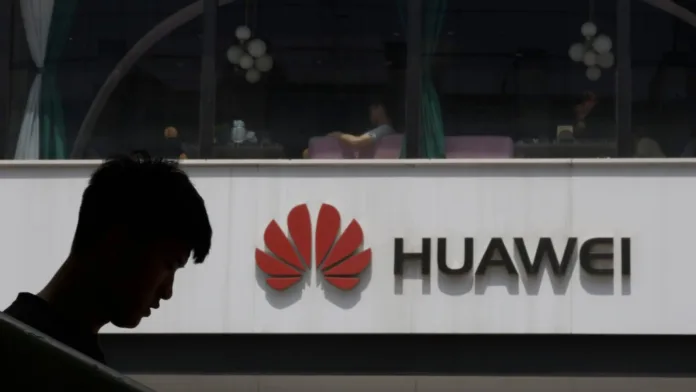The Article Tells the Story of:
- HUAWEI Freezes MateBook Launch After U.S. Trade Ban Hits: The company halted its upcoming MateBook indefinitely, citing restrictions from the U.S. Entity List.
- Intel and Microsoft Access Cut Off: The MateBook relies on Intel processors and Windows OS—both blocked under the trade ban, making production impossible.
- Workarounds Like AMD and Linux Offer No Real Solution: Alternatives exist, but AMD is also restricted, and users may reject a MateBook without Windows.
- HUAWEI’s Laptop Future Now on Hold: Without U.S. tech, HUAWEI may not relaunch the MateBook at all, marking a major blow to its PC business.
HUAWEI Cancels New MateBook Over U.S. Trade Ban
HUAWEI has officially canceled the launch of a new MateBook laptop. The company blamed the U.S. trade ban for the decision. HUAWEI consumer CEO Richard Yu confirmed the news during an interview with CNBC. He said the company had put the launch on indefinite hold because it could no longer supply the required components.
Yu stated clearly: “We cannot supply the PC.” He added that if HUAWEI remained on the U.S. Entity List for an extended period, the new MateBook would never reach the market.
This canceled MateBook is the first clear product casualty linked directly to the trade ban. While HUAWEI has continued to release smartphones and other hardware, the MateBook’s delay shows how the ban is beginning to affect high-profile consumer electronics.
Read More About Our Article of Huawei MateBook Fold Is the World’s First Foldable PC — Here’s Everything Inside Published on June 21, 2025 SquaredTech
U.S. Tech Restrictions Block Key MateBook Components
HUAWEI builds its MateBook laptops using components from several major U.S. companies. The most important ones include Intel for processors and Microsoft for the Windows operating system. Because both companies are based in the United States, they must comply with the trade ban.
Without access to Intel chips and Windows licenses, HUAWEI cannot produce its standard MateBook models. Yu said the company might explore alternatives, but the ban significantly limits those options.
For processors, HUAWEI could theoretically turn to AMD, another U.S.-based chipmaker. In the past, HUAWEI has used AMD processors in some laptops. However, AMD is also subject to the same U.S. trade restrictions, which means switching suppliers may not solve the problem.
The operating system is another challenge. HUAWEI might try replacing Windows with Linux or a system based on Android, but consumer interest could drop sharply. Most users expect Windows on a premium laptop, and without it, sales might collapse.
This creates a major obstacle for the MateBook line. Even if HUAWEI finds alternatives for some parts, building a complete product without U.S. technology may not be possible under current trade rules.
Smartphones Less Affected, But Pressure Builds
The U.S. trade ban has caused less disruption to HUAWEI’s smartphone business—for now. The company designs much of its own mobile hardware, including the Kirin processors and modems, which gives it more control over the supply chain.
Unlike laptops, HUAWEI’s phones do not rely as heavily on U.S. chips or software. This self-reliance has allowed the company to continue producing smartphones even under heavy restrictions.
Still, the canceled MateBook launch signals a deeper problem. It shows that U.S. restrictions are now affecting HUAWEI’s ability to deliver new products in key categories. Laptops, unlike phones, depend more on foreign chipsets and operating systems. The MateBook series, which used to compete with Apple and Dell, now faces an uncertain future.
Without Intel, Windows, or AMD, HUAWEI must either redesign its laptops with non-U.S. technology or exit the category entirely.
Future of the MateBook Is Unclear
HUAWEI has not given a new release date for the delayed MateBook. The product is officially on hold “indefinitely.” Whether it ever ships depends on future decisions by the U.S. government.
If the trade ban remains in place, HUAWEI may not be able to restart the MateBook project at all. The company would need to redesign its laptop hardware from the ground up, source new global suppliers, and convince customers to buy a Windows-free machine. These tasks will take time and significant investment—and there’s no guarantee of success.
Meanwhile, users who were expecting a new MateBook model this year will have to wait, possibly forever. The canceled product reflects the larger crisis facing HUAWEI’s PC division. While the company still has strong phone sales and growing interest in other markets like wearables, the laptop business has hit a wall.
Richard Yu made it clear: unless HUAWEI’s status changes, the MateBook won’t return.
Stay Updated: Gadgets


